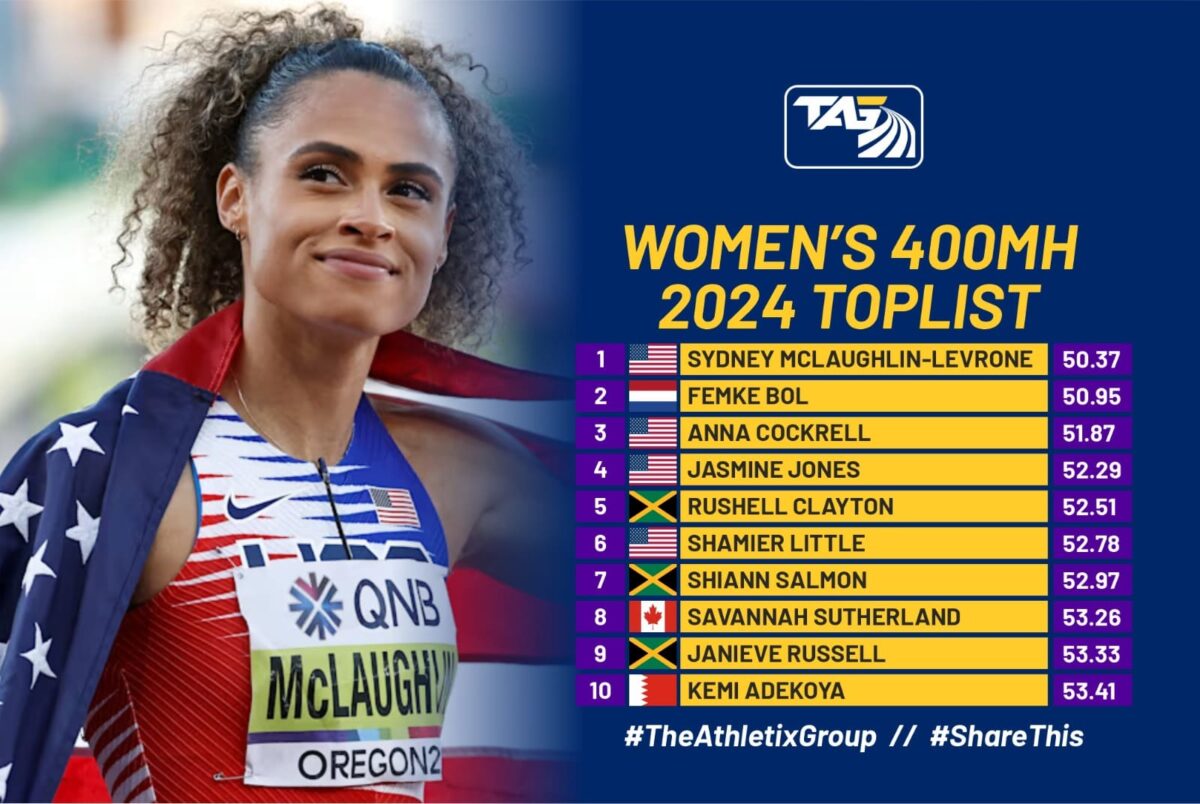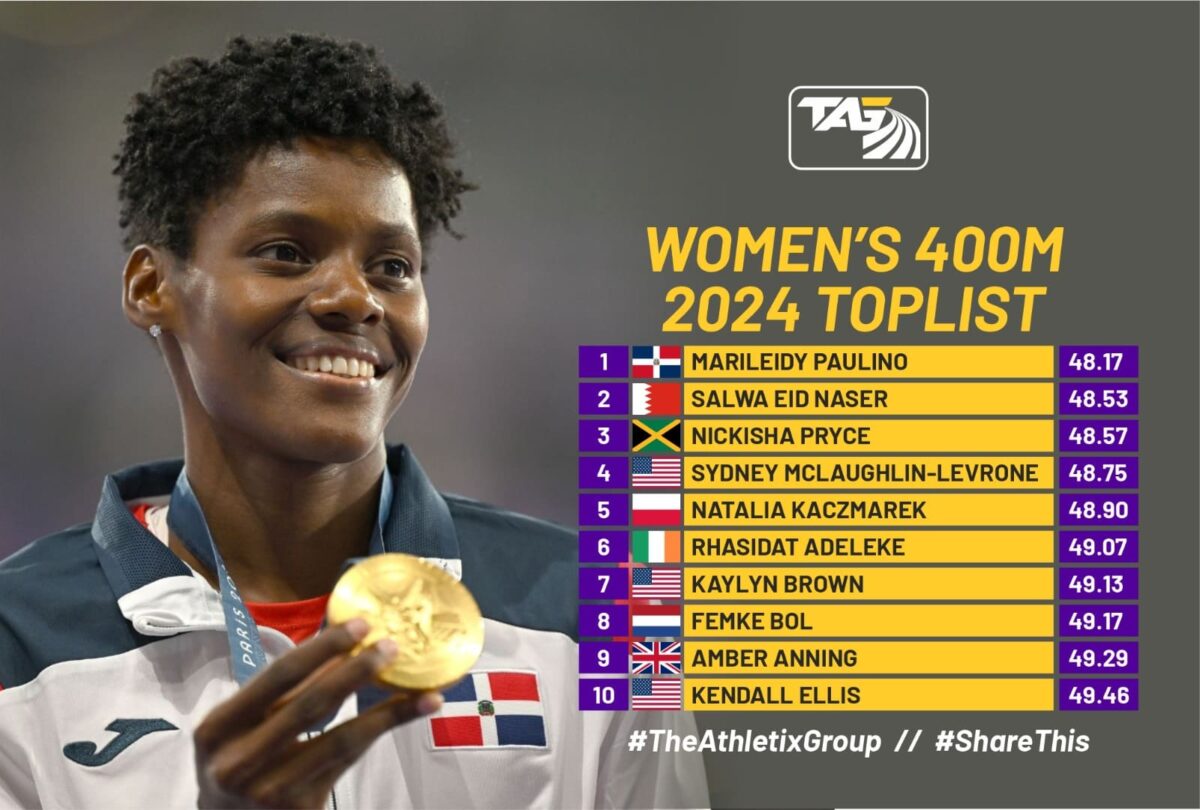
Gauff beats hard-hitting Lys to reach China semis
October 2, 2025
To throw a punch is easy. You just pick a hand, curl it into a fist, and either extend your arm or bend it. If you want power, you can generate that from your legs and by turning your hips. You punch through the target rather than simply at it. That’s the trick, they say. The trick to throwing a punch.
To land a punch is more difficult. This requires experience, accuracy and speed. It requires good vision and an awareness of an opponent’s guard movements and mannerisms. It requires patience. It requires thought. It requires commitment. Most of all, it requires practice. This you will do in the gym — on bags, pads or in sparring — and by doing it, you will both hone your technique and improve your timing. Because that, in the end, is the key to landing a punch: Timing.
Advertisement
To fight is easy. You just find another human being with two arms and two legs and book a ring. It helps, of course, if you dislike them, but animosity is not essential, it only makes it easier. Besides, a fight is a fight. Styles make fights. You win some, you lose some. Life, they say, is one great fight.
To stop fighting is more difficult. It is more difficult because it equates to surrendering and goes against everything you were once taught. It is more difficult because to stop is to become lost — an aimless wanderer stripped of routine, purpose and an identity. It is more difficult because exit signs are easily missed and because saying goodbye hurts more than any punch or defeat. This is true of both a fight and a career. When, for example, does a boxer look for the white towel in hope and not fear? When does the pain finally end? When do you concede that you are human? The key to stopping is the same, it turns out, as the key to landing a punch. The key to stopping is timing.
Cecilia Braekhus, the longtime women’s welterweight champion from Norway, has timing. Hers, in fact, has always been good, hence why she has lost to only one opponent (Jessica McCaskill) in an 18-year professional career. It is also something she has spent the past few weeks working on — both in London and in her homeland — ahead of a fight against Ema Kozin this Saturday, Oct. 4.
Advertisement
Timing, as usual, will be important for Braekhus when she meets Kozin in Lillestrom. It will, she hopes, help her to land the punches she needs to win rounds and win the fight, the 42nd of her career. It will help her relieve Kozin of her WBC and WBO super welterweight titles. It will help her become a two-weight world champion.
Yet just as important to Braekhus these days is a different kind of timing. This timing has less to do with landing punches and more to do with the end, and knowing when it is close. This timing she has been working on for a while, aware that timing is often the best form of defense and that most in her profession get it all wrong. Braekhus, though, is adamant. She is adamant that not only will she be different from her peers, but that Saturday night will be the last time we ever see her in a boxing ring.
“One hundred percent, I wanted to choose my ending,” Braekhus says. “I don’t want boxing to own me like that. I was always going to be the one to say when I go out and I want to go out on top. I want to go out when I still have a life outside of boxing and can see what other things are out there — when I’m still young and fresh.”
Braekhus, at age 44, is in boxing terms considered neither young nor fresh, though shows few signs of regression. In fact, it is for that reason there might be a temptation to go on — win the belts, then defend them — and why she finds herself in the privileged position of being able to schedule her exit and not have it forced on her by a sport keen to have the last word in an argument.
Cecilia Braekhus (left) reigned as boxing’s undisputed welterweight champion from 2014 to 2020.
(John McCoy via Getty Images)
“I feel amazing,” she says. “I’m very disciplined when it comes to diet, sleep, training, and I don’t drink alcohol. But of course, I’m not the same fighter I was when I was 20 years old. When you are 20 years old, you have unlimited energy. I’m just thinking back and I’m wondering how I was even able to do all the things I did. But the thing I do have now is experience. I know exactly what I have to do. I don’t spend too much time in the gym anymore. I go there, I know what to do, and then I go home. I have my massage; I get my restitution.
Advertisement
“That’s a very good thing at this stage in my career, that kind of knowledge. It’s just being smart. Also, sports science has come so far now when it comes to meditation, breath work, restitution, eating, mental — everything.”
When interviewing a boxer on the brink of a planned retirement, timing, on the part of the interviewer, is almost as vital. If, for instance, one gets there too quickly, or places too much emphasis on life after the fight, one risks upsetting the fighter in question and making light of their final assignment. It is, in some respects, not unlike the conundrum the fighter faces. There is, for them, no victory lap without victory and therefore the fight must always take precedence. Even with Braekhus, whose fight on Saturday is promoted as “The Final Bell” and whose mind is made up, there must still be an element of denial until the credits roll.
“To be honest, right now there is so much training, I’m too tired to even think about it,” she says of what’s to come. “I’m just setting goals for the next training session and focusing on my task.
[Yahoo Sports TV is here! Watch live shows and highlights 24/7]
“I’ve been pretty good at tucking it away. For me, that kind of thing is no option. That kind of thing is just noise. It gets in the way of my tasks — my task in the ring, my task in the gym, and what I have to do to succeed.
Advertisement
“I have to look at this as just any other fight. I have a tough opponent, there are two belts on the line, and we’re going in with the same mindset we would for any other championship fight. That’s the way it will be until Oct. 4. After that is a whole other world.”
Retirement, a trip without directions, is certainly a whole other world. In retirement you often find that a boxer, once surrounded, is suddenly so alone their body does not even cast a shadow. All they have are their memories, empty days and time. So much time.
“I have been thinking about it and looking at another life outside of the ring,” says Braekhus, a pioneer of the women’s game and a world champion for 11 years. “That started to feel more right, but I wanted to finish with the belts. Now, for this fight, everything just came together. I got the chance to fight for the belts, I got the fight in Norway, and this should be the perfect ending.”
The perfect ending is something few boxers get to experience and only the smartest feel is within their reach. Most of them finish long after the movie theater has emptied and the audience have congregated in the lobby to criticize their performance and mourn their demise. But there are some, either special or lucky, who possess the foresight to listen to the signs rather than ignore them and who choose to imagine their own demise rather than experience it.
Retirement, a trip without directions, is certainly a whole other world. In retirement you often find that a boxer, once surrounded, is suddenly so alone their body does not even cast a shadow. All they have are their memories, empty days and time. So much time.
One such fighter was Barry McGuigan, the former WBA featherweight champion from Ireland. Three years after he lost his title against Steve Cruz in Las Vegas, McGuigan came to realize he was missing more than just his belt. At 28 years of age, he was missing the thing that had helped him win the belt against Eusebio Pedroza in front of 35,000 fans at Loftus Road Stadium in 1985. He was missing the thing all boxers must possess to keep themselves safe from harm.
Advertisement
“I lost my love for competing in boxing,” McGuigan recalls. “I trained too hard and burned myself out. Prior to the [Jim] McDonnell fight [McGuigan’s last in 1989], the flame was flickering and starting to go out. My drive wasn’t what it was — not that it in any way affected my performance. I just think, when I look back on it now, I’d fallen out of love with boxing in the sense of competing. I’d moved from Ireland to England and I just wasn’t the same. The whole structure wasn’t the same. I thought, ‘I better get out of this before it’s too late.’ I was adamant I wasn’t going to become a club fighter or journeyman. I wasn’t even going to be one of those guys who has one fight too many.
“I remember listening to the great Alexis Argüello, who said: ‘They say the fighters are the last ones to know when it’s time to go — I want to be the first.’ Those are my sentiments exactly, but I later realized that in actual fact the boxer is the first one to know but the last to admit it to himself. That’s the truth. Guys know when they have lost the fire in their belly. They may stay in the game for financial reasons, and they may hype it up and overdo it and everything else. They might miss the affirmation, and that’s the reason they come back. But they know when they’ve had enough. I knew when I’d had enough and I thought there’s no point in me trying to rekindle anything because it’s not going to come back. I wanted to have the same burning desire I had before winning and defending the world title. It wasn’t there, though. I admitted to myself that it wouldn’t ever come back and that it was time to get out.”
April 20, 1988: Irish boxer Barry McGuigan (left) takes on Nicky Perez at Alexandra Pavilion in London. McGuigan won by a knockout in the fourth round, then retired at age 28 less than a year later.
(Russell Cheyne via Getty Images)
McGuigan did too. He got out. He got out and, more importantly, he stayed out, somehow resisting the temptation to return despite staying close to the thing he so desperately needed to avoid. In fact, of all McGuigan’s achievements, that is perhaps the most admirable and remarkable. After all, rather than simply abandon boxing and erase it from his mind, McGuigan has, since retiring, remained involved in the sport in numerous capacities — from pundit to promoter. His son, Shane, even trains professional fighters, with Barry known to lend a helping hand or words of advice whenever called upon. He speaks to his son’s fighters about timing. The timing of punches. The timing of goodbyes.
Advertisement
“I made the right decision,” he says. “I was 28 years of age and I never looked back. Don King offered me a ton of money after the second [Chris] Eubank-[Nigel] Benn fight [in 1993]. We had a discussion the day after in the LWT [London Weekend Television] studios and he spent two hours trying to persuade me to go out to America. He offered me crazy money. I just thought, ‘No, it’s a lovely compliment, but I’m not going to fool myself.’ The truth is, I’d be lying to myself first of all, and then I’d be lying to everyone else by performing at only 80% of what I once was. All I’d be doing is cheating people.
“There will always be those who are winners and there will always be those who are losers. There will be those who are lucky and those who aren’t. I know I’m one of the lucky ones.”
I was adamant I wasn’t going to become a club fighter or journeyman. I wasn’t even going to be one of those guys who has one fight too many.
Another of the lucky ones was Ray “Boom Boom” Mancini, a former WBA lightweight champion who had similar thoughts to McGuigan, albeit four years earlier at the age of 24. He had, having won his world title at just 20, done things quickly and perhaps prematurely, and retirement was yet another thing Mancini could see no point in delaying. If the desire wasn’t there, he figured there was only one option.
“It wasn’t a difficult decision because I had no love for the game,” he says. “My body was tired; my mind was tired. In that respect it wasn’t tough. I was 24 going on 34. It also helped that I had something else to turn to. I had the entertainment business. That occupied my mind and gave me a new challenge.”
Advertisement
For a while that was enough. However, as expected, it wasn’t long before Mancini, in keeping with tradition, got restless and wanted to return to his natural habitat. This he did in 1989, when fighting Hector Camacho, before launching a second comeback in ’92, this time against Greg Haugen. It was only then, prior to fighting Haugen, that Mancini realized once and for all that he was a boxer in name only.
“In the dressing room before the fight I knew I didn’t have it anymore,” Mancini says. “I didn’t have it mentally. I didn’t want to be there. I told my assistant trainer, Ted Fagan, ‘Ted, I don’t want to be here.’ He said, ‘What?’ I said, ‘I don’t want to do this anymore.’ He said, ‘It’s a hell of a time to tell me, ain’t it?’
“I was a mature father rather than a hungry fighter. I used to say, ‘God, protect me when I get in there and protect my opponent — let me do the best I can do.’ This time I was like, ‘Please God, don’t let me get hurt. My babies need me. Don’t let anything happen to me.’ Before I was thinking, ‘Either you get carried out or I get carried out.‘ Now I just didn’t want to get hurt. That’s a big difference.”
At around three o’clock every afternoon Mancini would listen to the Eric Clapton song “Tears in Heaven” play on the radio and find himself fighting back tears. He had recently become a father again and felt guilty about having to leave his newborn to go away to camp. Clapton’s song just reminded him of that. It reminded him, too, of what it takes to be a fighter and how Mancini, at 30, no longer had it. “I’d cry like a baby,” he says. “I understood why but I couldn’t control it. I thought, ‘That’s not good. That’s a warning sign.’”
June 1, 1984: Ray Mancini and Livingstone Bramble fight for the WBA lightweight title in Buffalo, New York. Bramble won with a 14th-round TKO. Mancini retired (for the first time) less than one year later.
(Focus On Sport via Getty Images)
Thanks to the few success stories and the many more cautionary tales, Cecilia Braekhus knows all the warning signs, has paid heed to them, and feels she is now ready. She is ready for what awaits her on Saturday night, in her first fight in Norway since 2017, and she is ready for what lies beyond that: A fight for which there is no adequate preparation or blueprint.
Advertisement
“I’ve been doing this my whole life,” she says. “You walk away from this life and you walk away from the people, the discipline, and the goals. You walk away from the feeling of having the crowd cheer you on, the light over the ring, journalists calling you and wanting to talk to you. I will miss it all: The reason to get up in the morning, the eating well, training, focusing on a goal.
“Suddenly, when you retire, the lights just switch off. That is incredibly rough. That is very challenging. I think it’s extremely important to have an agenda and to have good people around you. You have to fill up your calendar and have a reason to get up in the morning.
“Luckily, there has been a lot more work done on the mental side of things for retiring athletes to educate and prepare them for retirement. That is a very good thing. We see it all over. It can go very, very wrong.”
The easiest thing to control for any fighter, including Braekhus, is the fight. That’s why they often prefer to focus on it and remove from their mind the uncertainty of tomorrow. Even for active fighters, the uncertainty of tomorrow tends to be a scary proposition, so one can only imagine the trepidation of the fighter who knows that tomorrow, for them, is the rest of their life.
Advertisement
“I’m just so locked in on Kozin and the belts and making history,” says Braekhus. “The thought of this being the last fight is not even in my head. I just want those belts. After the fight I might get emotional, but not before. I know how to handle emotions before a fight. I’ve been through a lot, I’ve seen a lot, and a lot of crazy s*** has happened to me. I don’t know what can surprise me. I think I’ve seen everything.
“That’s one of the reasons why I can now tip my hat and leave. I just need one more win and then I’m out.”
Like life itself, or any good story, there is no set or established way for a boxer’s career to end. Sometimes the ending is happy; sometimes it’s sad. Sometimes you get a series of false endings and the prolonging of pain becomes too much to bear, both for the boxer and their audience. Sometimes a fighter’s story can end suddenly and dramatically and tragically. Sometimes it is ended by external forces and the fighter is saved for another day — or calling. Sometimes you see it coming and they don’t. Sometimes they see it coming and you don’t. Sometimes they run out of steam. Sometimes they run out of ideas. Sometimes, with nowhere else to go and no words left, it just ends.






